Dental crowns are a great way to save your natural teeth and improve the function of your mouth. Dental crowns can be used to prevent you from having to have more extensive dental work in the near future. Crowns have many benefits, including their durability. With proper care, they can last for many years. It is important to know how to prevent damage. These five tips will help you maintain beautiful smiles for years, regardless of whether you have one crown or many. Let’s look at the top ways to care for dental crowns.
Top Ways to Care for Dental Crowns
Porcelain crowns can be used to improve the appearance and function of your teeth. The benefits of porcelain crowns don’t end with the procedure. To ensure your porcelain crowns last a lifetime, there are some aftercare guidelines our emergency dentist in Downtown LA has that you can follow.
Brush and Floss Your Crowns Daily
Dental crowns typically last between five and fifteen years. Your oral hygiene and other habits will determine the lifespan of your dental crown as well as your natural teeth. However, permanent crowns require less care than temporary ones. Regularly brush your teeth and rinse with antibacterial mouthwash. Treat your crowns like you would your regular teeth, making sure to keep them free from plaque and tartar by engaging in daily dental activities.
Invest in a Night Guard for Restful Sleep
Nightguards are similar to retainers and protect your upper and lower teeth from touching. This is a good option for those who grind their teeth while sleeping. Grinding can cause your crown and other teeth to wear down. The best dental nightguards are comfortable enough to sleep in while helping you break your bad dental habits. To prevent unnecessary damage and rising restorative dentistry costs, practice prevention with a nightguard to keep your crowns and natural teeth protected.
Stop Bad Dental Habits
Avoid bad habits such as grinding your teeth or chewing your nails. They can cause damage to the crown. People also enjoy chewing ice, which can cause damage to the crown. When performing your daily oral hygiene, be sure to pay attention to the gum line. Brushing too harshly or eating hard items can cause irreparable damage to your gums, which can contribute to a lifetime of gingivitis or gum disease. Stop these habits as soon as you can to keep your crowns and all of your dental health safe.
Avoid Chewing Hard or Chewy Foods
Although crowns are strong and durable, they can still be damaged just like natural teeth. You should replace your crown sooner than usual if you are chomping on hard candy or ice. Sticky and chewy foods can also cause problems. They can weaken or loosen your crown, or cause sticky bits to stick between your gum and your crown. Avoid these foods whenever possible.
Remember that the durable porcelain used in crowns is resistant to staining. It can’t be bleached like natural teeth because of its resistance to staining. To ensure your crown looks the best, it is a good idea to get a professional whitening treatment before you have it done. If you do decide to whiten your teeth in the future, your crown will match your natural teeth perfectly.
Learn More About Dental Crowns Today!
You might have difficulty eating or speaking if you have chips, cracks, or missing gaps in your teeth. Your smile might not be what you want when you look in the mirror. Our top-of-the-line dental crowns in downtown Los Angeles can restore your smile and give you the functionality you have always wanted. Call our friendly professionals today to find a customized treatment plan catered to your budget and oral health needs. To ensure your crown fits perfectly, we can arrange a personal consultation with you. Contact us today to start your journey to good dental health!






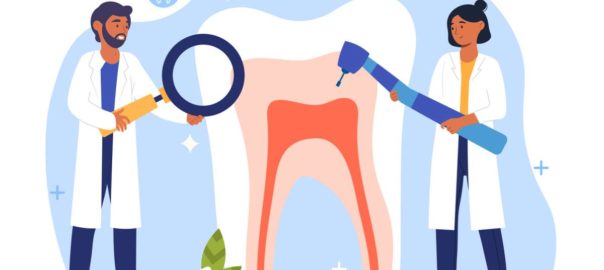

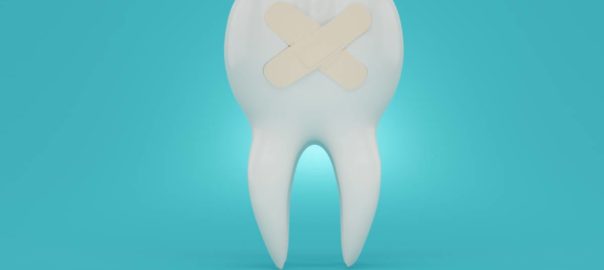



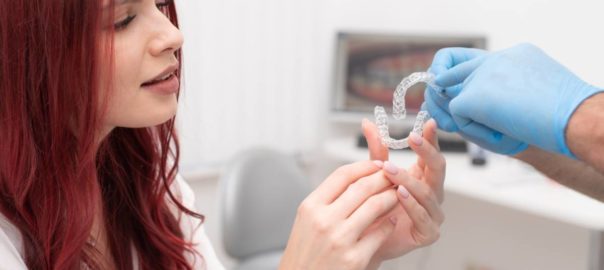
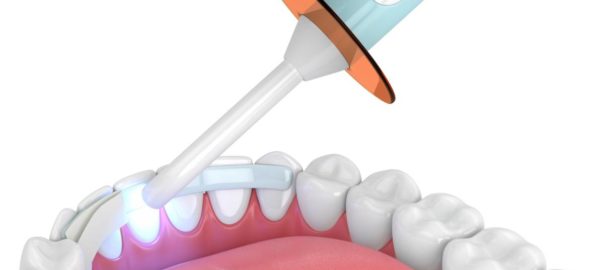
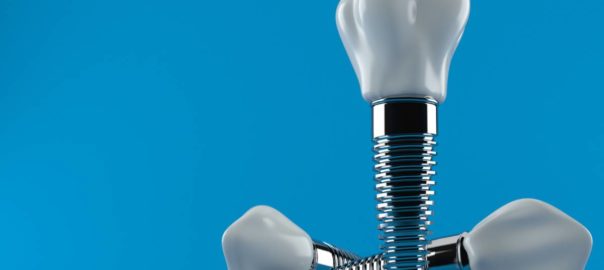


 Yelp
Yelp I have never had a better dental experience prior to my visit with Dr. Zabolian. It was pain free for the first time ever, the staff was friendly, accommodating to my schedule, there were no problems with my insurance claims... I am so happy I have found a dentist (after all these years) I feel so comfortable going to and also taking my family.
I have never had a better dental experience prior to my visit with Dr. Zabolian. It was pain free for the first time ever, the staff was friendly, accommodating to my schedule, there were no problems with my insurance claims... I am so happy I have found a dentist (after all these years) I feel so comfortable going to and also taking my family. 






